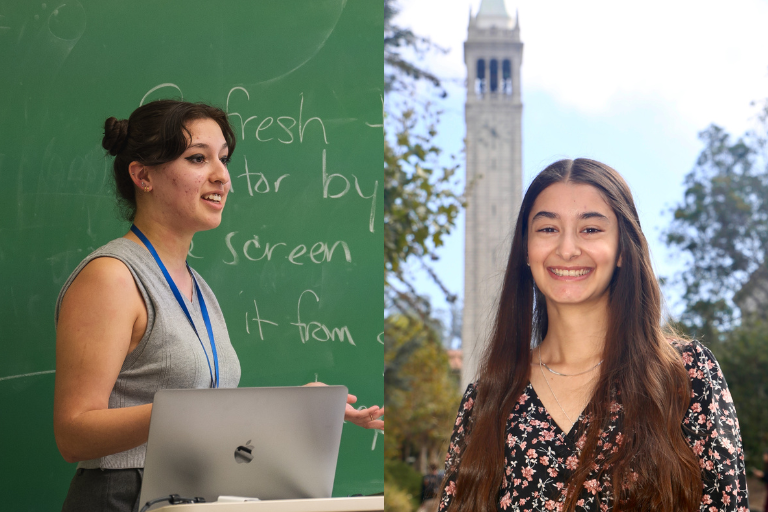The 2026 application cycle for the Mellon Mays Undergraduate Fellowship is now open, and the priority deadline is Friday, February 20, 2026.
Office Hours for prospective applicants:
Alberto Ledesma, Wednesdays 11am-12pm and by appointment, 2411 Dwinelle Hall
Maria Faini, Tuesdays 1-2pm and by appointment, 2413 Dwinelle Hall

